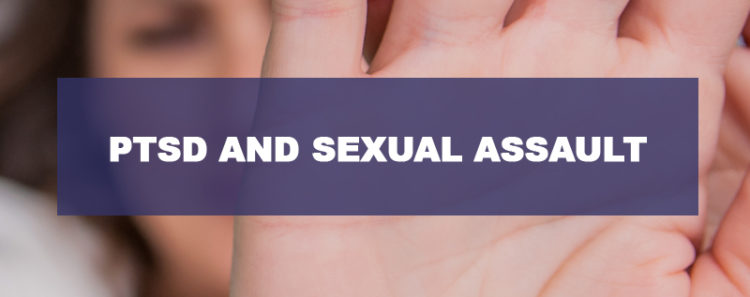I am a college student with several disabilities. One of my disabilities is physical and apparent and the others are all invisible. One of my invisible disabilities is Complex Post-Traumatic Stress Disorder (C-PTSD). I find that the discussion about disabilities and accommodations tends to be largely focused on apparent physical disabilities, leaving invisible physical disabilities and psychiatric disabilities in the dust. For my apparent physical disability, the accommodations are straightforward. But how do I explain to professors that I can’t get through their class because their content is so distressing to me as someone with PTSD? Some of my courses have reading requirements that involve having to read about detailed accounts of rape, abuse, and violence–things I lived through. Rape and violence comes up in almost every class discussion for one of my courses. This happened last semester and in high school too. As a survivor, this content is inherently inaccessible to me because I can’t learn when I am flooded with flashbacks. Some classes I’ve burst into tears. Others I’ve had to leave the room shaking. Last year I had a flashback in class, in front of everyone. Professors often create course content that threatens the mental health of so many survivors. Yet rape, abuse, and violence are common and there are MANY survivors suffering silently, dealing with mental health symptoms in their classes. This needs to be taken into account. Since there isn’t a clear-cut accommodations like braille or interpreters or a wheelchair ramp, mental health access needs to be built into the curriculum. Professors could offer alternative readings to survivors. Professors could announce in advance if a class discussion will be triggering and could excuse students who don’t want to be humiliated. My hope is this article serves as a starting point to that happening.
